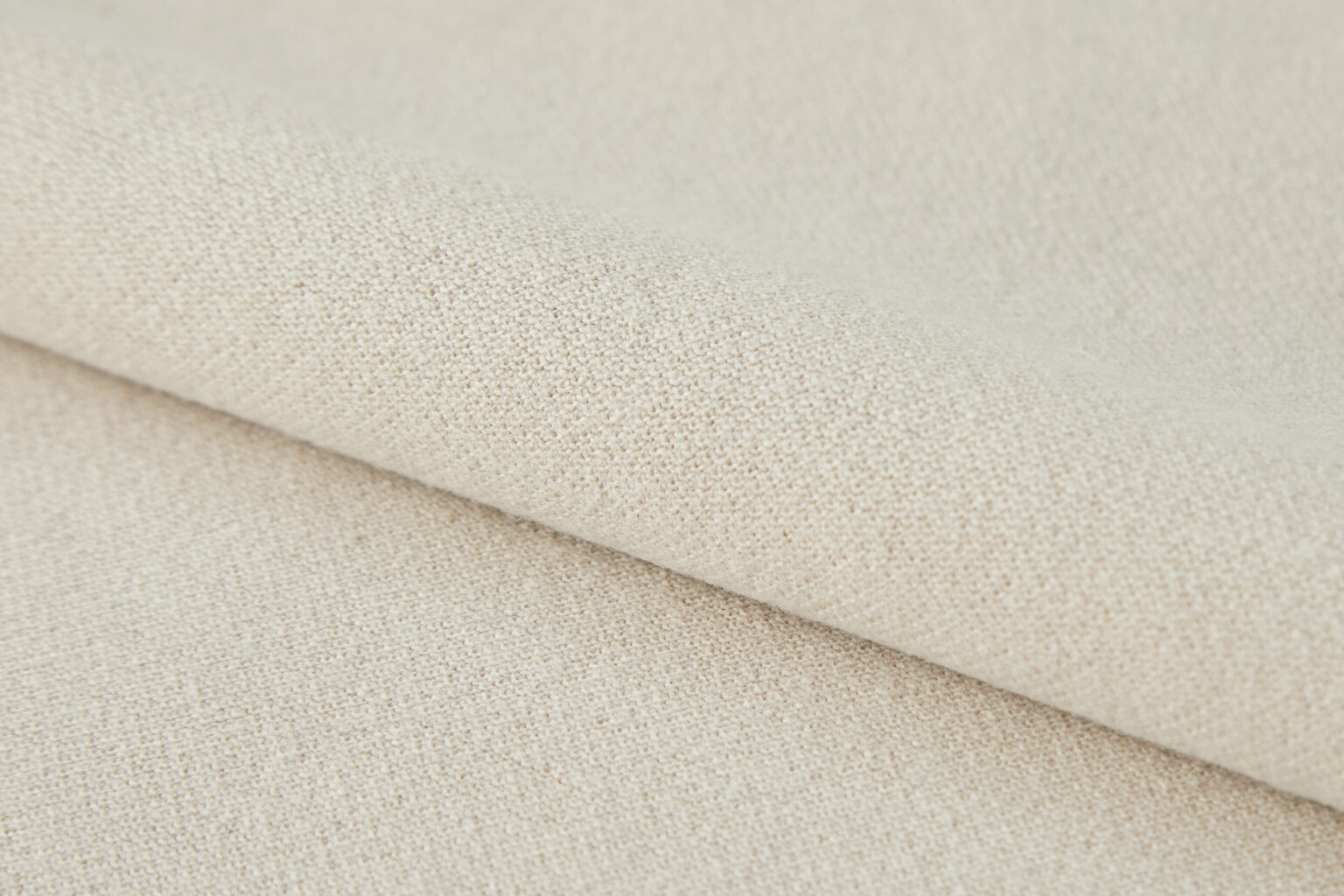Japanese biotech firm Spiber is set to make its debut at Milano Unica, one of the world’s leading textile fairs, as it unveils a range of sustainable protein-based fibres for high-end fashion. The event, taking place in Milan from 4-6 February 2025, will mark a milestone for the company, known for its Brewed Protein™ fibre technology.
Spiber’s showcase includes over 20 newly developed woven suiting fabrics created in partnership with Takisada-Nagoya, a respected Japanese textile distributor. The collection, designed for suits and jackets, features blends containing 10%-50% Brewed Protein™ fibre, combined with materials such as wool and polyester.
According to Ryuichi Tanaka, Manager of Takisada-Nagoya’s Menswear Fabric Section, the fibre’s fine diameter and compatibility with worsted fabrics make it an attractive alternative to traditional luxury materials. “Suit fabrics made with Brewed Protein™ fibres not only embody sustainability but also feature a unique sheen and luxurious feel, setting them apart from silk or cashmere,” he said. “With the global suit market in decline, we saw an opportunity to introduce an innovative material that redefines value.”
Beyond suiting, Spiber is also unveiling 40 newly developed Brewed Protein™ blended fabrics in collaboration with Wakayama-based textile manufacturer A-girls. The collection, featuring fibre content ranging from 6%-100%, builds on an ongoing partnership that began in 2023. A-girls, known for its expertise in circular-knit production, has developed around 120 fabric designs with Spiber.
Tomohiro Yamashita, President of A-GIRL’S CO., LTD., likened Brewed Protein™ fibre to a new seasoning in cooking—something that transforms the entire product. “It is a groundbreaking material that stimulates creativity, offering the possibility of realising projects beyond our imagination,” he said. “It aligns perfectly with our philosophy of reducing waste and minimising our reliance on natural resources and animals.”
Spiber’s textiles will be on display at Booth JOB A12, while purchases can be made through Takisada-Nagoya (JOB B09/11) and A-girls (JOB A13), who will also be exhibiting at Milano Unica.
Since its founding in 2007, Spiber has spent over 15 years researching and developing protein materials, launching its first commercial protein polymer production plant in 2021. It has since partnered with several major yarn and textile manufacturers, including Botto Giuseppe, Marzotto Wool Manufacturing, and Zegna Baruffa Lane Borgosesia. Its Brewed Protein™ fibre has also featured in collections from brands such as Goldwin, Issey Miyake, Margaret Howell, The North Face, and Woolrich.
The company believes that its innovation has the potential to revolutionise the textile industry by offering a sustainable alternative to traditional fibres. With growing concerns over the environmental impact of fashion production, Spiber’s technology could play a key role in reducing waste and reliance on animal-based materials.
As the industry seeks more sustainable solutions, Spiber hopes its presence at Milano Unica will encourage further collaboration and innovation, helping to shape a more environmentally responsible future for fashion.




